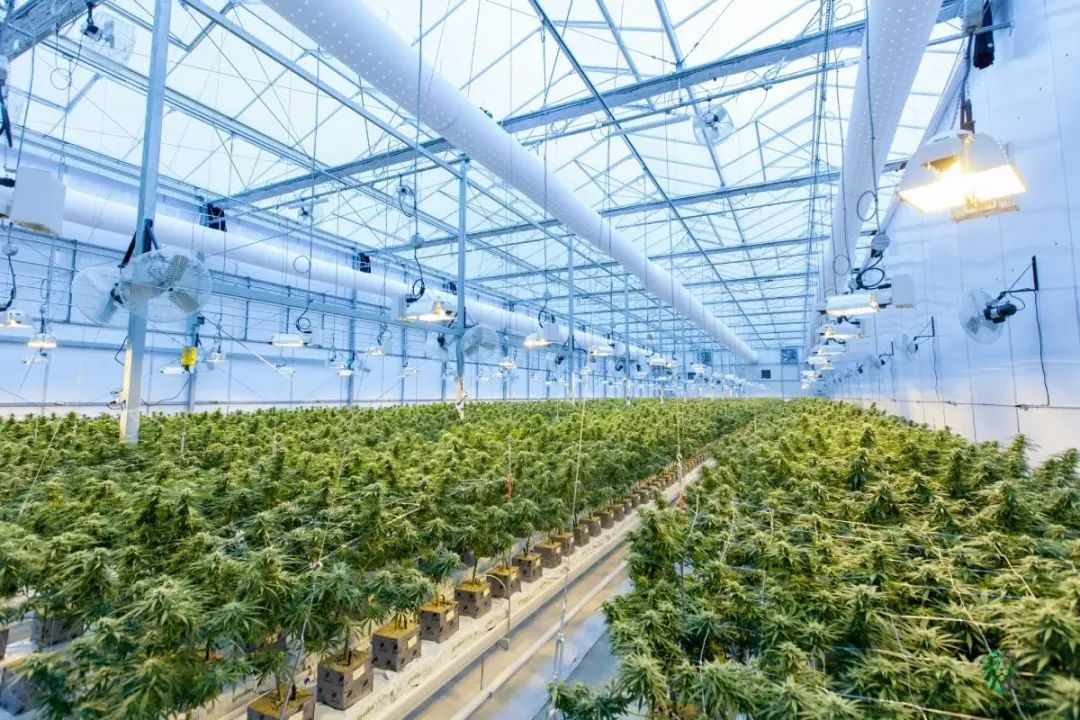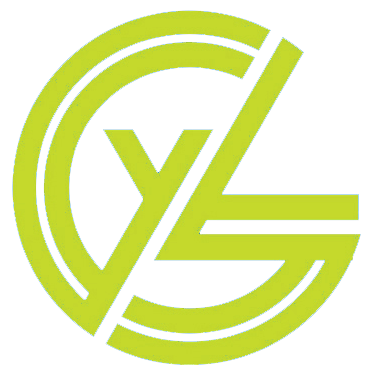Recently, a Swiss parliamentary committee proposed a bill to legalize recreational marijuana, allowing anyone over the age of 18 residing in Switzerland to grow, purchase, possess, and consume marijuana, and allowing up to three cannabis plants to be grown at home for personal consumption. The proposal received 14 votes in favor, 9 votes against, and 2 abstentions.

At present, although possession of small amounts of cannabis has no longer been a criminal offense in Switzerland since 2012, the cultivation, sale, and consumption of recreational cannabis for non-medical purposes are still illegal and subject to fines.
In 2022, Switzerland approved a regulated medical cannabis program, but it does not allow recreational use and the tetrahydrocannabinol (THC) content of cannabis must be less than 1%.
In 2023, Switzerland launched a short-term adult cannabis pilot program, allowing some people to legally purchase and consume cannabis. However, for most users, buying and consuming marijuana is still illegal.
Until February 14, 2025, the Health Committee of the Lower House of the Swiss Parliament passed the recreational marijuana legalization bill with 14 votes in favor, 9 votes against, and 2 abstentions, aiming to curb the illegal marijuana market, safeguard public health, and establish a non-profit sales framework. Afterwards, the actual law will be drafted and approved by both houses of the Swiss Parliament, and it is likely to undergo a referendum based on Switzerland’s direct democratic system.

It is worth noting that this bill in Switzerland will completely place the sale of recreational marijuana under the monopoly of the state and prohibit private enterprises from engaging in related market activities. Legitimate recreational marijuana products will be sold in physical stores with relevant business licenses, as well as in an online store approved by the state. The sales revenue will be used to reduce harm, provide drug rehabilitation services, and subsidize medical insurance cost savings.
This model in Switzerland will be different from the commercial systems in Canada and the United States, where private enterprises can freely develop and operate in the legal cannabis market, while Switzerland has established a market completely controlled by the state, restricting private investment.
The bill also requires strict quality control of cannabis products, including neutral packaging, prominent warning labels, and child safe packaging. Advertisements related to recreational marijuana will be completely banned, including not only marijuana products but also seeds, branches, and smoking utensils. The taxation will be determined based on the THC content, and products with higher THC content will be subject to more taxation.
If Switzerland’s recreational marijuana legalization bill is passed by a nationwide vote and eventually becomes law, Switzerland will become the fourth European country to legalize recreational marijuana, which is an important step towards legalizing marijuana in Europe.
Previously, Malta became the first EU member state in 2021 to legalize recreational cannabis for personal use and establish cannabis social clubs; In 2023, Luxembourg will legalize marijuana for personal use; In 2024, Germany became the third European country to legalize cannabis for personal use and established a cannabis social club similar to Malta. In addition, Germany has removed marijuana from controlled substances, relaxed access to its medical use, and attracted foreign investment.
Post time: Feb-27-2025




